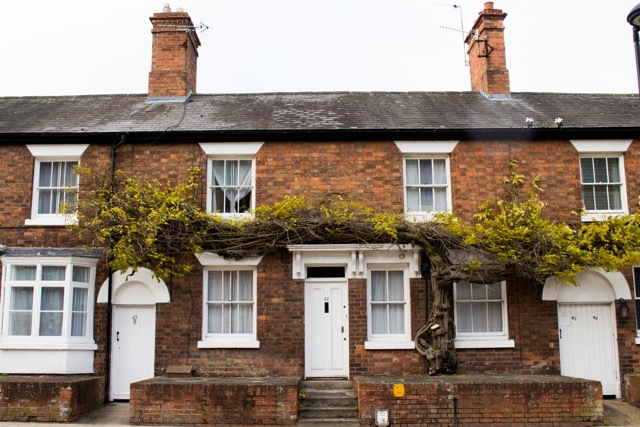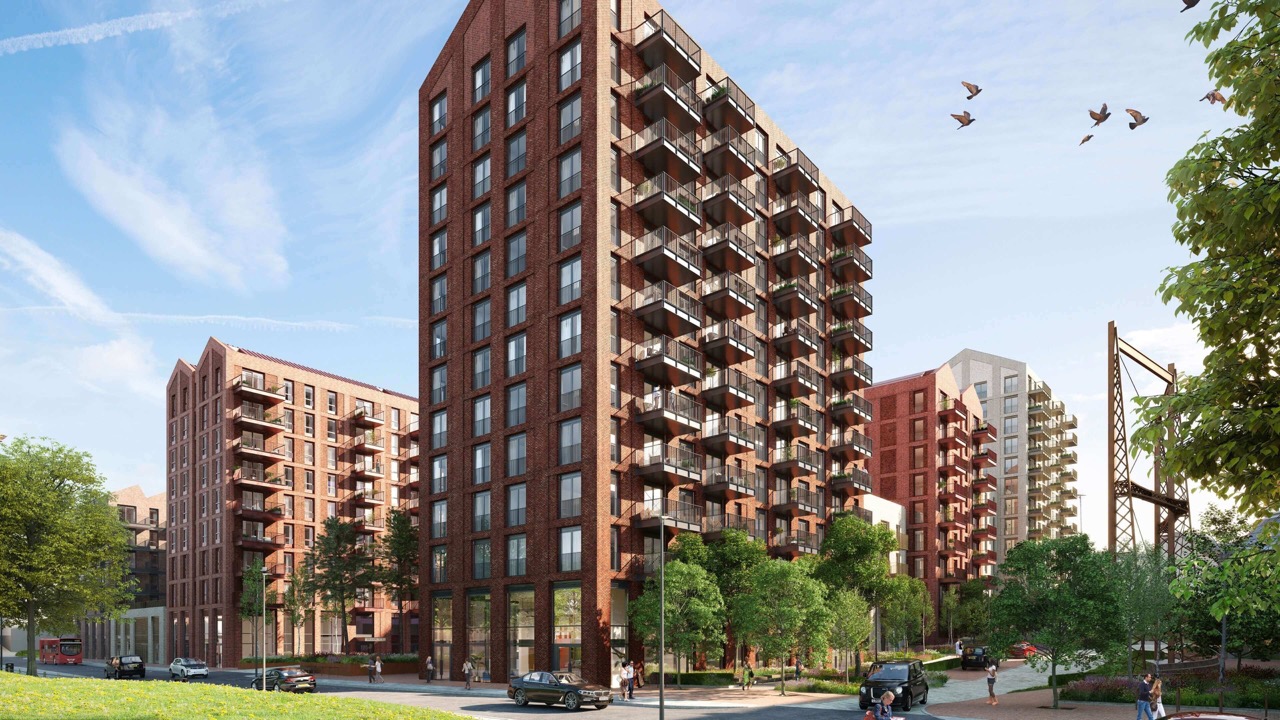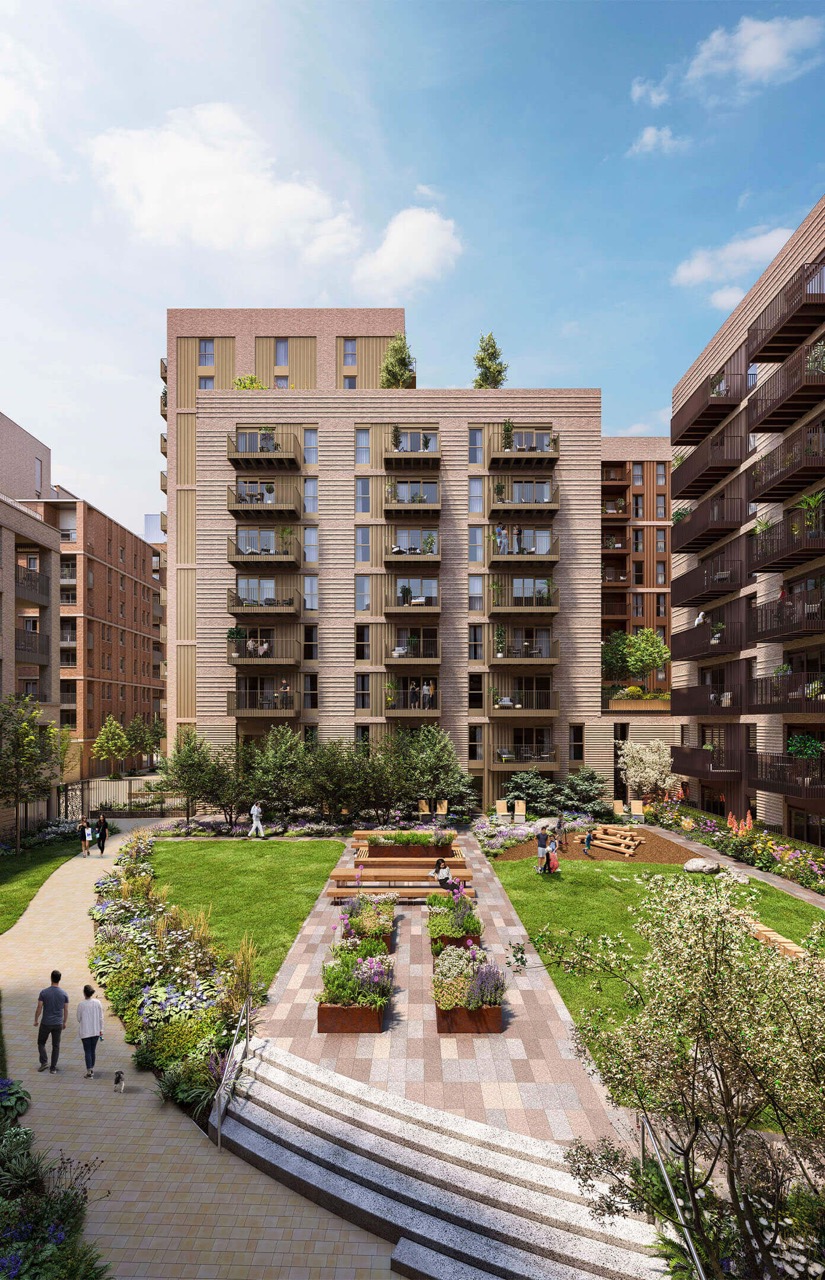
Investing in a fixer-upper can be an exciting opportunity for buyers looking to add value to a property, whether for personal use or as an investment. However, purchasing a home that requires renovation comes with its own set of challenges, from unexpected costs to potential delays. Below, we explore the key considerations, benefits, and risks of buying a fixer-upper in the UK.
1. Understanding Fixer-Uppers
A fixer-upper is a property that needs significant repairs or updates before it becomes habitable or profitable. These homes are often priced below market value, attracting investors and buyers looking for a project.
2. Advantages of Buying a Fixer-Upper
- Lower Purchase Price: Fixer-uppers are typically cheaper than move-in-ready homes, making them attractive to budget-conscious buyers.
- Customization Opportunities: Buyers can tailor renovations to their preferences, choosing finishes and layouts that suit their needs.
- Potential for High ROI: If purchased and renovated strategically, fixer-uppers can generate strong capital appreciation.
- Less Competition: Many buyers prefer move-in-ready properties, reducing competition and increasing negotiation power.
3. Risks and Challenges
- Renovation Costs: Unexpected repair expenses can arise, including structural issues, electrical rewiring, or plumbing problems.
- Time-Consuming Process: Renovations can take months, delaying potential move-in dates or resale plans.
- Financing Challenges: Some mortgage lenders are hesitant to approve loans for properties in poor condition, requiring buyers to seek alternative financing.
- Planning Permissions: Major changes may require approval from local authorities, leading to potential delays and additional costs.
4. Estimating Renovation Costs
Before purchasing a fixer-upper, it’s crucial to assess the cost of necessary repairs. Below is an estimated cost breakdown for common renovations:
| Renovation Type | Estimated Cost (GBP) |
|---|---|
| New Roof | £5,000 – £10,000 |
| Electrical Rewiring | £3,000 – £7,000 |
| Plumbing Upgrades | £2,000 – £6,000 |
| Kitchen Remodel | £8,000 – £20,000 |
| Bathroom Remodel | £4,000 – £10,000 |
| Structural Repairs | £10,000+ |
| Flooring Replacement | £2,000 – £8,000 |
5. Finding the Right Fixer-Upper
- Location Matters: Choose properties in desirable areas with strong demand and growth potential.
- Home Surveys: Conduct a thorough structural survey to identify potential problems before purchase.
- Budget Wisely: Factor in both expected and unexpected renovation costs to avoid financial strain.
- Work with Professionals: Hiring experienced builders and contractors ensures high-quality work and minimizes costly mistakes.
6. Financing a Fixer-Upper
- Renovation Mortgages: Some lenders offer specialized loans that cover both purchase and renovation costs.
- Bridging Loans: Short-term financing options help buyers fund renovation projects before refinancing with a traditional mortgage.
- Government Grants: Some renovation grants and incentives may be available for energy-efficient upgrades.
7. Is Buying a Fixer-Upper Worth It?
Fixer-uppers offer significant investment potential, but success depends on proper budgeting, patience, and careful planning. If executed well, a fixer-upper can provide high returns, whether through resale profits or long-term rental income.
Conclusion: Should You Invest in a Fixer-Upper?
Buying a fixer-upper in the UK can be a profitable investment if managed correctly. Those with renovation experience or a strong support team can reap the rewards, but buyers should be cautious of unexpected costs and potential delays. By carefully assessing location, renovation expenses, and financing options, investors can make an informed decision on whether a fixer-upper is the right choice for them.



